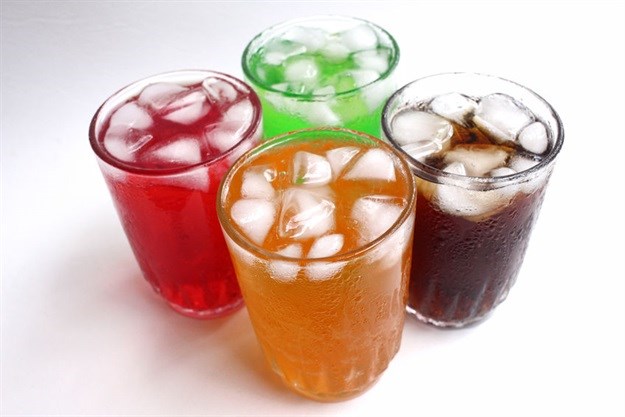
Top stories






More news

















Logistics & Transport
Uganda plans new rail link to Tanzania for mineral export boost









"There are a lot of substitutes. That is the fatal flaw in their argument," said analysis author Neva Makgetla, the TIPS programme manager for trade and industry.
She said increased demand for alternative products such as diet sodas would offset the drop in sales of sugar-sweetened beverages, and the resulting increase in output would offset the job losses in the sugary drink value chain.
The Treasury is proposing a tax of 2.9c per gram of sugar in all sugar-sweetened drinks from next April, in a bid to curb obesity and associated health risks, such as diabetes. It said last week that it would publish an economic impact assessment in November.
The Beverage Association of SA (BevSA) has vigorously attacked the proposed tax, saying it will destroy between 62,000 and 72,000 jobs, and cut GDP by R14bn, or 0.4% of GDP growth, as demand for sugary drinks falls.
It also says it is unfair to single out sugar-sweetened beverages as they constitute just 3% of daily kilojoule intake in SA, the drinks are not a driver of rising obesity rates, and taxes are not an effective way to reduce consumption.
Its arguments have found strong support among a range of pro-business organisations including the Free Market Foundation and the Institute of Race Relations.
Makgetla said BevSA's figures overstated the number of jobs that depended on the production of sugary drinks. "According to BevSA's inputs, the production of sugary drinks directly employed only around 14,500 people. But it claims that for each person employed directly to produce the beverages, another 20 find work in the value chain. These figures are patently exaggerated.
"If a similar employment multiplier applied to all of formal manufacturing, SA would have over 34-million employed people, rather than the actual 15.5-million.
"Enterprising sugary-drinks companies could sustain their revenues by moving into healthier untaxed substitutes. That would be more socially responsible than waging a campaign to block efforts that are needed to improve public health in SA," she said.
Makgetla said BevSA claimed the nonalcoholic beverages industry supported up to 455,000 jobs in informal outlets such as street vendors and spaza shops, yet the official labour force survey for the second quarter of 2016 found there were only 400,000 people working in the informal retail sector.
BevSA stood by its figures and declined to respond to Makgetla's critique of its submission.
BevSA executive director Mapule Ncanywa said in response: "A public-private partnership between industry, government and the scientific community is widely recognised as a better solution to reduce obesity and other (noncommunicable diseases) among South Africans."
Source: Business Day via I-Net Bridge

For more than two decades, I-Net Bridge has been one of South Africa’s preferred electronic providers of innovative solutions, data of the highest calibre, reliable platforms and excellent supporting systems. Our products include workstations, web applications and data feeds packaged with in-depth news and powerful analytical tools empowering clients to make meaningful decisions.
We pride ourselves on our wide variety of in-house skills, encompassing multiple platforms and applications. These skills enable us to not only function as a first class facility, but also design, implement and support all our client needs at a level that confirms I-Net Bridge a leader in its field.
Go to: http://www.inet.co.za